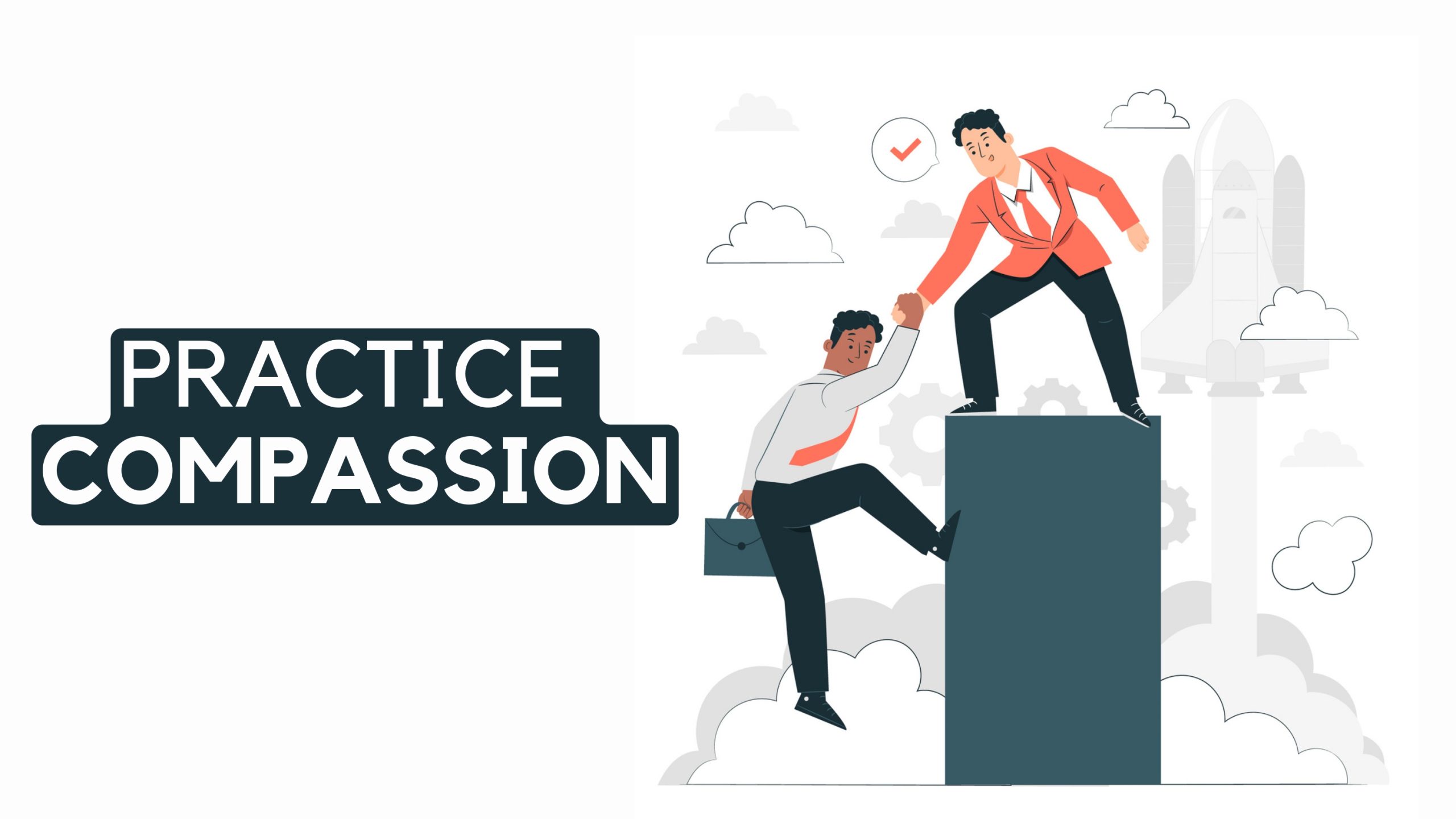“Love and compassion are necessities, not luxuries. Without them, humanity cannot survive.” ― Dalai Lama XIV
Every relationship takes work. We need to nurture the bonds we share with our romantic partners, friends, family members, kids, colleagues, professional contacts, and even with ourselves. But often it’s hard to decide what to focus on. Let’s consider one of the most powerful tools to help a relationship flourish: compassion.
Compassion should not be confused with pity. It’s not about feeling superior or sorry. Rather, it is more focused on recognizing a shared humanity and approaching the other person with empathy, not judgment.
Compassion has been recognized as a uniquely powerful experience. It helps us come closer to the other person, make ourselves more vulnerable, and connect without holding back. It is something that feeds our relationships and helps them grow stronger.
How do you cultivate compassion? It’s important to know that compassion is the opposite of judgment. When we judge, we use labels and quickly dismiss or devalue the experiences and complexities of others. For a compassionate view, we need to avoid quick and easy labels (both negative and positive, as believing someone to be “lucky” might also color our view, just as believing them to be “dumb”).
The next aspect is to focus on the present. It means not allowing ourselves to be swayed by past experiences or future worries. Instead, we focus on just the current situation. For example, if the other person is running late, we won’t be remembering all the times other people were late and how annoying it is.
The third element of compassion is recognizing our shared humanity. The other person is also a person. They might be struggling with something. They might be having a bad time. And we share experiences in common, just because we are both people. We can find common ground.
Compassion is a skill that we can develop. Over time, it will be a natural response. Not only will compassion help us feel better and more at peace, it is also a practice that is certain to bring many benefits for all our relationships.
Self-compassion can also nurture your connection to your true self. But that can be tricker. You can begin by being compassionate towards the people you love. Then, towards those who are friendly and then, strangers. Finally, you can try cultivating compassion for people you dislike. You will be surprised at the results for yourself and each of your relationships.


